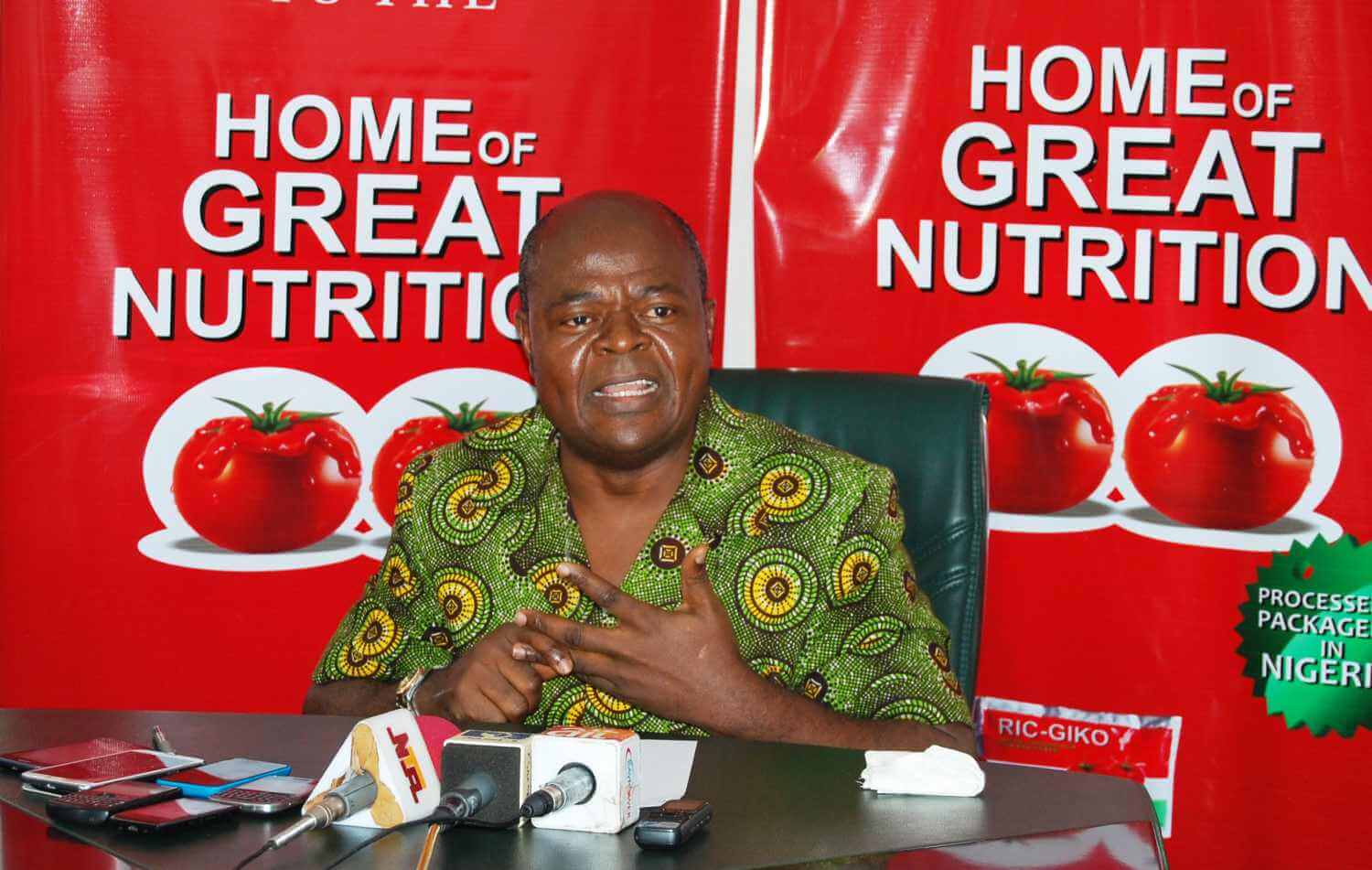LAGOS, Nigeria – The Akin Fadeyi Foundation (AFF), a civil society organisation, has made a fervent appeal to Uju Kennedy-Ohanenye, Nigeria’s Minister of Women Affairs, to come to the aid of Chioma Okoli, a pregnant mother of three facing legal challenges over her online critique of a product.
Okoli’s trial, which has drawn widespread attention and criticism, centers on her Facebook post from September 2023, where she described the Nagiko tomato paste, a product of Erisco Foods, as “sugary.”
AFF’s request, articulated in a statement released on Tuesday, April 2, 2024 emphasises the need for a mediated dialogue between Okoli and Eric Umeofia, CEO of Erisco Foods, aiming for an amicable out-of-court resolution to what they term an “unfortunate incidence.”

Highlighting the undue stress and trauma inflicted on Okoli and her unborn child, AFF criticized the use of Nigeria’s cybercrime legislation in this context, arguing that expressing a product review should not be construed as a cybercrime.
The backdrop of this case is a narrative of consumer rights clashing with corporate and legal powers, wherein Okoli’s negative review has led to accusations of breaching the Cybercrime (Prohibition and Prevention) Act 2015.
However, AFF contends that Okoli’s comments do not violate this law, particularly its Section 24 concerning cyber harassment.
They further condemned Umeofia’s response and the involvement of the Nigerian Police as disproportionate and a misuse of state power against a vulnerable individual.

AFF’s statement was stark in its depiction of Umeofia’s stance, referencing his televised assertion that prison spaces exist for pregnant women and their children.
This remark, according to AFF, underscores a troubling eagerness for retribution beyond legal judgments, spotlighting the potential misuse of influence to exact personal vendetta.
The foundation’s call to Minister Kennedy-Ohanenye is not just a plea for intervention but also an opportunity to reaffirm her commitment to women’s rights and societal peace.
AFF expressed its readiness to support the minister’s efforts towards a swift and equitable resolution of Okoli’s case.
The controversy surrounding Okoli’s arrest and the legal proceedings has ignited public outrage and solidarity movements, including a notable march in Lagos.
This collective outcry, featuring voices like that of Aisha Yesufu, a prominent activist, underscores a broader societal concern over freedom of expression and the disproportionate application of legal measures against individuals for online commentary.
As the case continues to unfold, it raises critical questions about the balance between corporate reputation management, consumer rights, and the freedom of speech within the digital realm, challenging stakeholders to navigate these issues with a commitment to justice and human dignity.







